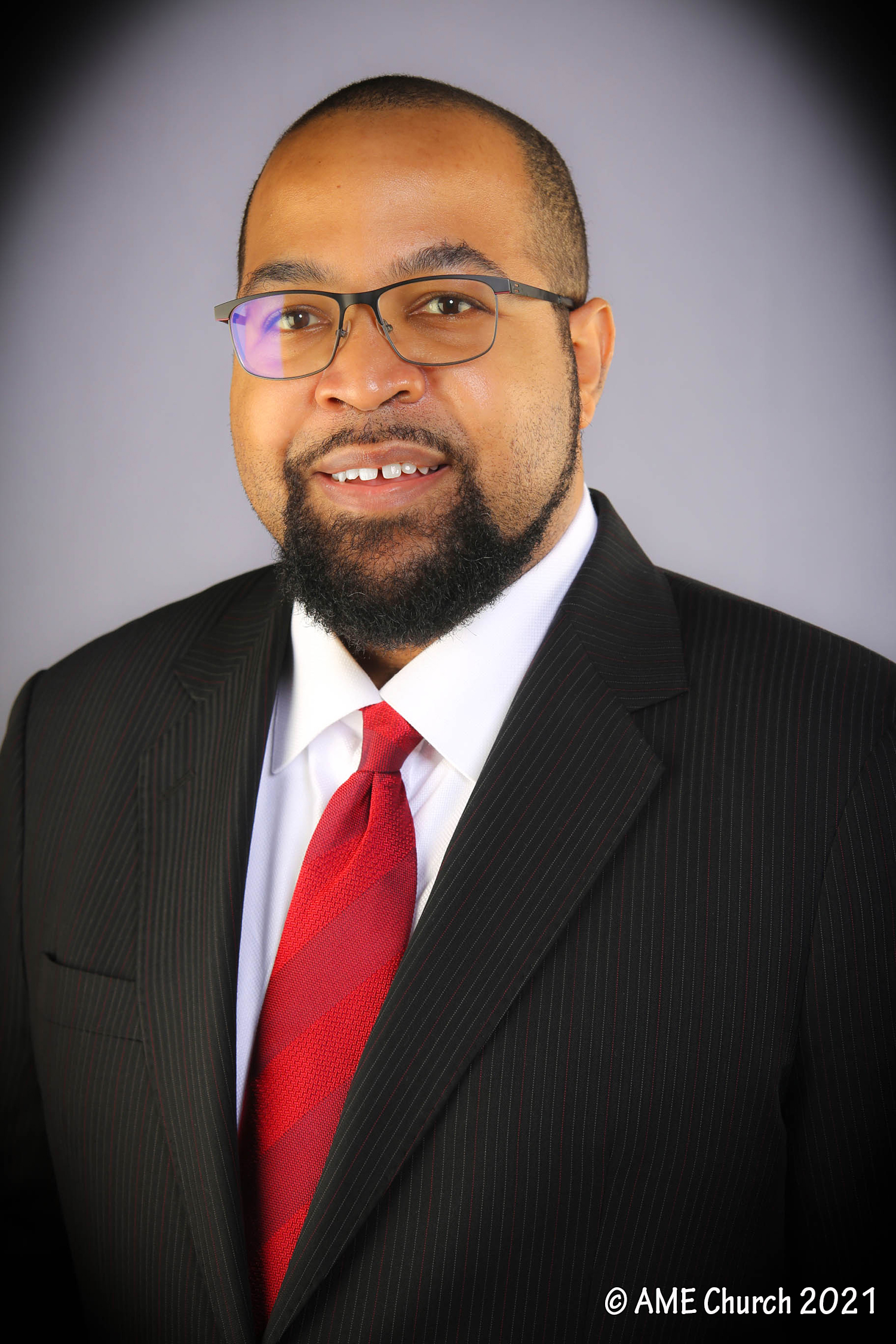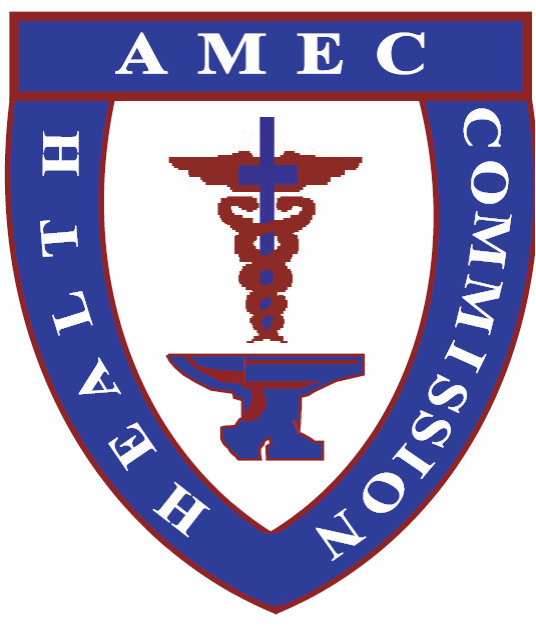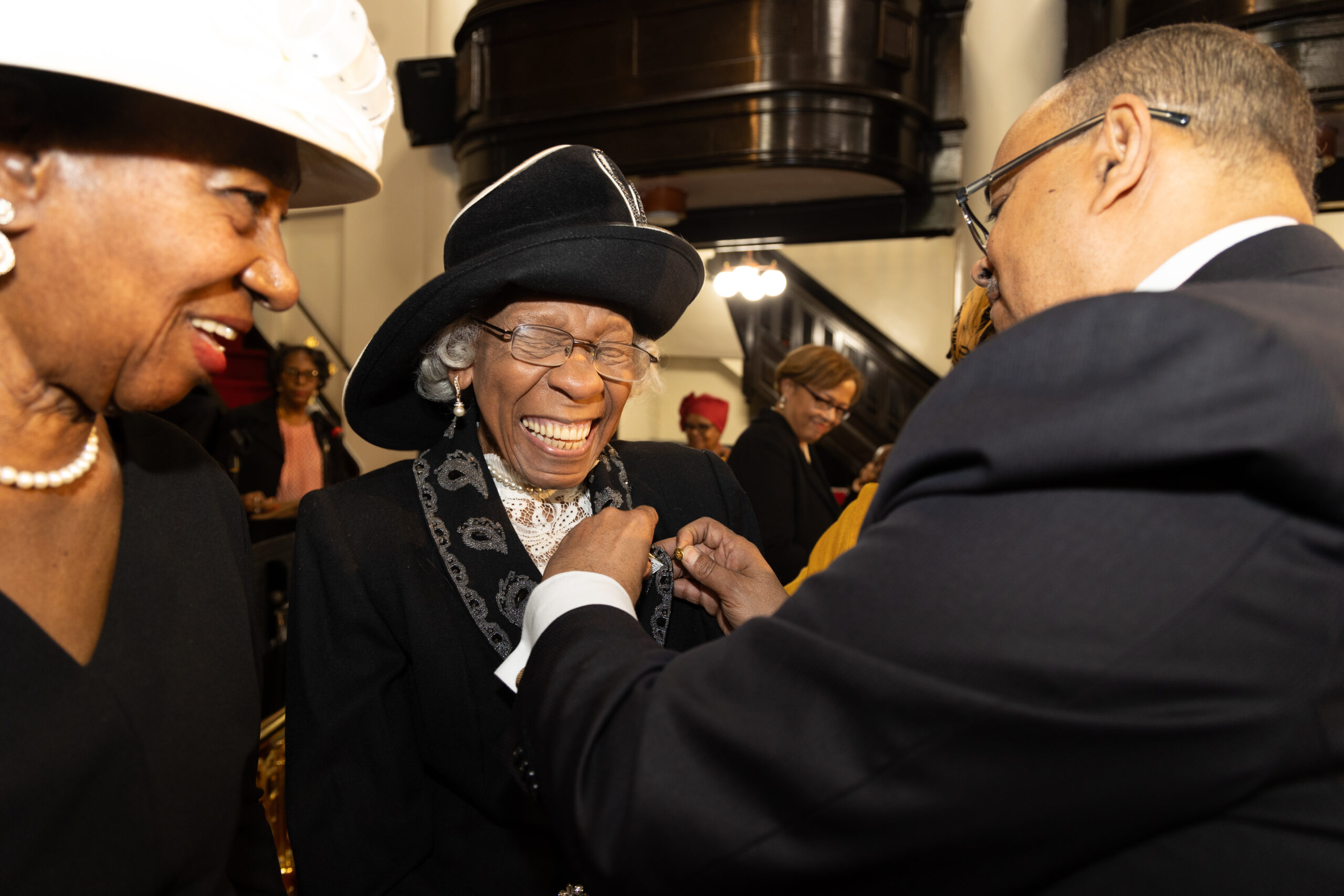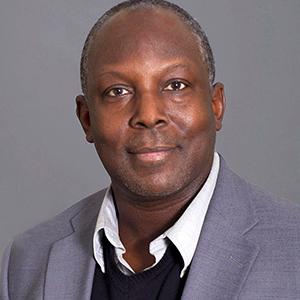By Dr. John Thomas III, Editor
The Black Church as an institution has been such a pivotal part of the African American community because of the respect and trust accorded to its leaders. One AME pastor who is also a lawyer commented in an interview , “Being a pastor has benefited me in the law for several reasons. [One way is that it] has heightened my sense of integrity.” This response is not surprising because those who are set apart and charged to serve God’s flock take on additional responsibility for the spiritual and temporal well-being of those in their care. Laypersons trust the spiritual visions of their pastors. Clergy trust the godly judgment of the Presiding Elders and Bishops who supervise them.
So, what happens when that trust is shattered?
Within the last year, revelations of financial misconduct have shaken the AME Church to its core. Chiefly, the ongoing saga with the Department of Retirement Services and the millions of dollars that have been siphoned off from the retirement accounts of clergy and church employees has left us in shock. Even though the AME Church has made clear its intentions to “make participants whole,” the current class action lawsuits in the United States District Court of Western Tennessee speak to the broken trust and betrayal felt by the servants of the church.
Taking a longer view, since 2016, no less than three AME clergypersons have pled guilty to federal financial crimes, including bribery, tax evasion, and wire fraud. Additionally, a settlement with the New York State Attorney General’s Office concerning property deals led by AME leadership in the New York Annual Conference that impacted five AME congregations was recently revealed to the Connectional AME Church. The persons who have committed these actions are those we trusted and who occupied positions of trust in the denomination. We have fellowshipped and prayed with them. These are our family–which makes their situation even more heartbreaking and complex.
In an earlier editorial this year, I talked about the culture of silence and acquiescence that has contributed to these and other unethical practices. The time has passed for us to have the hard conversations that we need to have and understand that there is something very wrong with an AME Church culture that has clearly privileged personal gain over the uplift of our community. This is not a clergy problem or a lay problem but an AME problem. We must repent for allowing the commercialized world to influence so much of who we are and talk about ways that we can help ourselves to be more accountable together.
The Doctrine and Discipline already contains clear provisions to protect the assets and property of congregations, to discipline and hold accountable clergy and laity, and to govern the departments of the Connectional Church. AMEs are great at establishing sound policies—our failing is human. We have been involved in crises before generated by personal greed or lack of accountability. And the system prevailed because clergy and laity were willing to stand together for fairness. Do we trust those who are responsible for administering our system now to be fair and find not for the best interests of their friends, but for the best interest of the church?
An immediate and urgent need for AME leadership at all levels is continuing education in ethics. Most professional entities require a formal course on ethics, which includes objectives in honesty, impartiality, fairness, and equity. The same enthusiasm and energy the denomination had to implement the “Sexual Misconduct Policy” must be applied to mandatory ethics training. With any level of financial responsibility and access, one needs to know how to handle finances in a godly and upright way.
We must also make a cultural shift in what is expected and tolerated in our financial practices It’s one thing to financially bless someone with an unsolicited gift but quite another to run a shakedown racket with payoffs. In some areas of our denomination, it has sadly become difficult to tell the difference between the two. We have laughed off anecdotes of Annual Conference counting rooms and envelopes at meetings. But the time for shrugging and saying, “That’s just the culture” must end if we are to survive as a denomination. Small graft when unchecked eventually leads to the massive situation that we are facing today.
For the AME Church to have the prophetic voice it needs to have to continue to proclaim God’s word, we must show that we have the capacity to deal with our own failings and to do better. Matthew 7:3-5 speaks to us more clearly than ever before.
Why do you look at the speck of sawdust in your brother’s eye and pay no attention to the plank in your own eye? How can you say to your brother, ‘Let me take the speck out of your eye,’ when all the time there is a plank in your own eye? You hypocrite, first take the plank out of your own eye, and then you will see clearly to remove the speck from your brother’s eye.
Our prophetic witness is choked and our ability to lead suffers when we do not deal with the sins of our own house. We cannot call out the flaws in other churches and entities when our own issues are staring us squarely in the mirror.
It remains the ethics for me—for us.
Editor’s Note: As the official periodical of the AME Church, commentary regarding the class action lawsuits concerning the Department of Retirement Services was not made in the initial stages of the legal proceedings due to the sensitive nature of the litigation. The legal case has progressed to a stage where public writings will not impact the legal posture of the denomination which is why this editorial is being published now.





